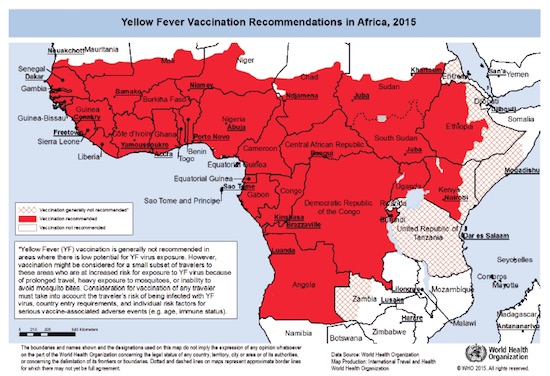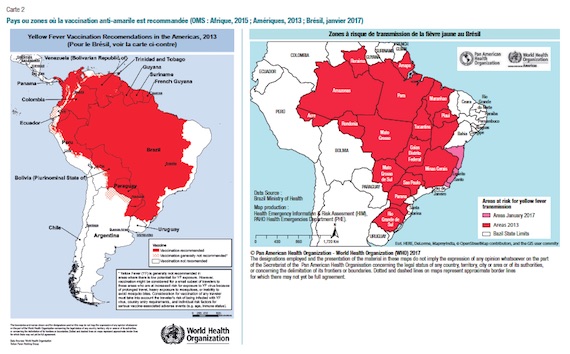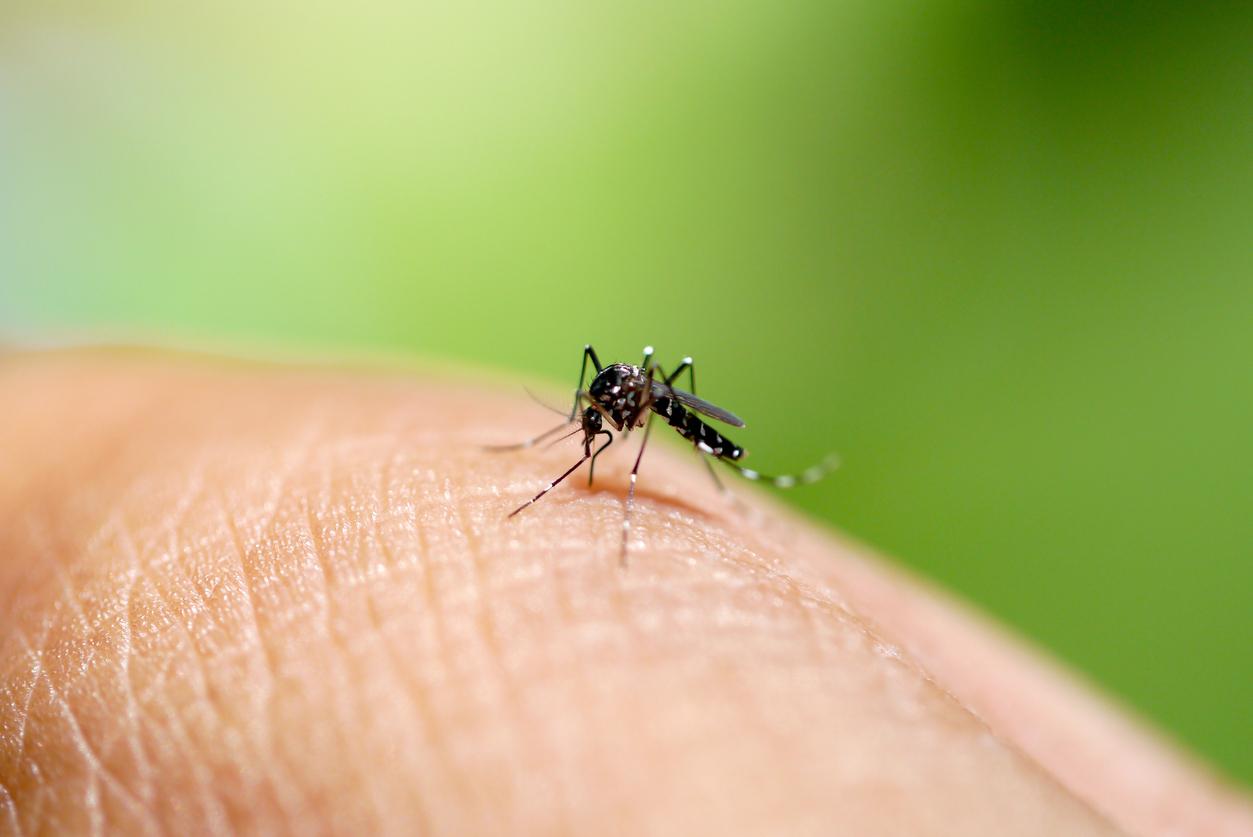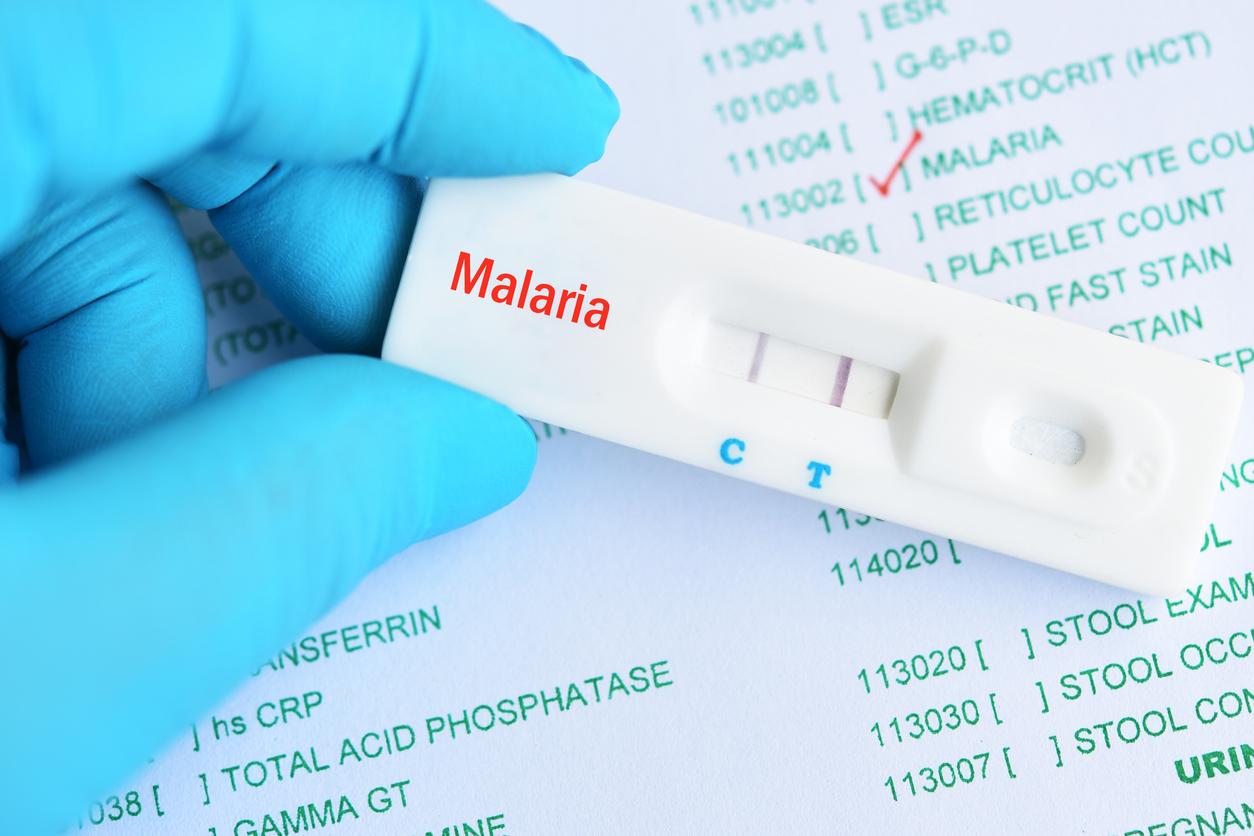Before going abroad, several precautions must be taken to avoid contracting yellow fever, malaria or Zika.

Summer vacation is approaching. And for those who are preparing a stay abroad, certain precautions must be taken. It would be a shame if a virus or bacteria ruined your vacation. Vaccines, preventive treatment, Why actor has selected the new recommendations of the High Council for Public Health (HSCP) which have just been published.
Yellow fever
First step: check that the vaccination record is up to date. For travelers to Africa or South America, vaccination against yellow fever may be required. It is the only compulsory vaccine today.
This mosquito-borne disease is endemic in 34 African countries and 13 Latin American countries. In 2017, a major epidemic occurred in Brazil, prompting the World Health Organization (WHO) to include the country in compulsory vaccination zones.
Each year, 130,000 cases are recorded, including 44,000 deaths. Also, because of these significant risks, the yellow fever vaccine is recommended from the age of 9 months. Pregnant or breastfeeding women can also benefit from it (breastfeeding should be suspended for two weeks following the injection).
The vaccine must be carried out at least 10 days before departure. It provides optimal protection for 10 years. This is the only effective way to avoid yellow fever.


Malaria
Depending on the country visited, taking antimalarial treatments as a preventive measure can be strongly recommended. This parasitic disease transmitted by mosquitoes is very present in tropical areas, and is frequently imported into the territory by travelers.
“In 2016, the number of imported malaria cases was estimated at around 4,735 for the whole of mainland France”, indicates the HCSP.
A stable prevalence for several years. However, it could be reduced thanks to protection against mosquito bites and adherence to treatments. Four different drugs can be prescribed. The doctor will suggest an antimalarial according to the country visited, the length of stay, the existence of a pregnancy or any contraindications. Children over 3 years old can be treated.
Whatever the molecule chosen, it is preferable to start the treatment 10 days before departure in order to assess the tolerance to the treatment. The intake must also be continued after the return.
Zika, dengue, chikungunya …
These three viruses made a lot of talk about them last year. Transmitted by mosquitoes which bite during the day, Aedes, they are rampant in Africa, South America, Asia and the Pacific.
The only protection against these viral diseases is the use of repellents and insecticide-treated mosquito nets. The application of skin repellants should be repeated every 4 to 8 hours. Wearing long clothes is also a simple and effective way.
Regarding the Zika virus, experts recommend that pregnant women or those wishing to have a child to avoid endemic regions because of the serious consequences for the fetus. Despite the end of the epidemic, cases continue to be reported in endemic areas.
Thus, “we must remain extremely vigilant with regard to neonatal complications, the frequency of which is certainly very high if we do not focus only on microcephaly, the tip of the iceberg”, underline Eric Caumes and Daniel Camus, president and Vice-Chairman of the Travel and Imported Illnesses Committee (CMVI) of the HCSP.
.















